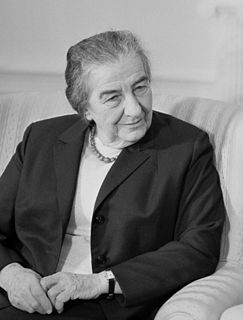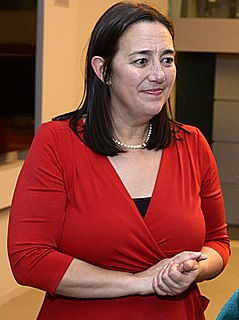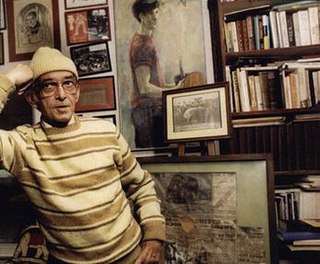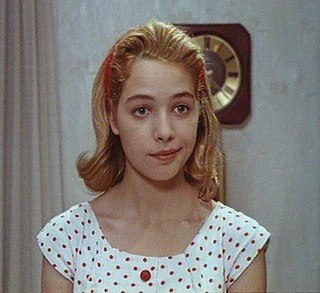A Quote by Golda Meir
It is not only a matter, I believe, of religious observance and practice. To me, being Jewish means and has always meant being proud to be part of a people that has maintained its distinct identity for more than 2,000 years, with all the pain and torment that has been inflicted upon it.
Related Quotes
Being holy . . . does not mean being perfect but being whole; it does not mean being exceptionally religious or being religious at all; it means being liberated from religiosity and religious pietism of any sort; it does not mean being morally better, it meas being exemplary; it does not mean being godly, but rather being truly human.
The way that I feel about my Jewish identity has been really radically changed by events in life. Like, becoming a writer is one. Having children is another. And getting older and watching, you know, my parents and grandparents get older has been another, the seasons of - being witness to the seasons of life and wanting to have some kind of infrastructure to deal with it, to cope with them. Ritual has become more important to me as I've gotten older. It's not always religious ritual, but it often borrows from Judaism.
Being part of The L Word made me realize how much more television can be that what I had experienced in my lifetime in terms of being able to be of service to people. I had so many fans come up to me who were really deeply appreciative of the show and what it had meant for them and their own sense of identity and their own sense of inclusion in our society and in our culture.
The word 'innocence' means 'incapable of being hurt'. To have a mind that is not capable of being hurt, does not mean that it has built up a lot of resistance - on the contrary, such a mind is dying to everything that it has known in which there has been conflict, pleasure and pain. Only then is the mind innocent; that means it can love. You cannot love with memory, love is not a matter of remembrance, of time.
If Muslims want to take their disputes to religious arbitrators because they genuinely believe that it's a matter of great spiritual importance that they do that, they shouldn't be the only community in this country that's denied the opportunity to do that. Because the Jewish population has been entitled to take their disputes to tribunals known as the Beth Din for over one hundred years, and the Church of England is integrated into the fabric of this country, and there are ecclesiastical tribunals where religious disputes can be dealt with.
My conception around being a woman in 2016 has definitely been shifting over the past year, because I feel like I'm proud of womanhood, and I feel attached to it, and at the same time I'm someone who doesn't believe in having a gender binary, and so often times I separate those two concepts in my mind - the concept of being a woman and the concept of being a girl or being female, being kind of attached to a certain gender identity.
As things change in Turkey people find in religious observance a certain framework of safety, of continuity. This is quite a common phenomenon. In a strange way it's part of a democratization of society. Although religious observance seems more common these days, it's not that people who did not go to mosques have started to go to mosques. I don't know anyone in Turkey who's become a born-again Muslim. It's a question of individual choice, and it does not stop the organic secularization of Turkish society, which carries on regardless.









































